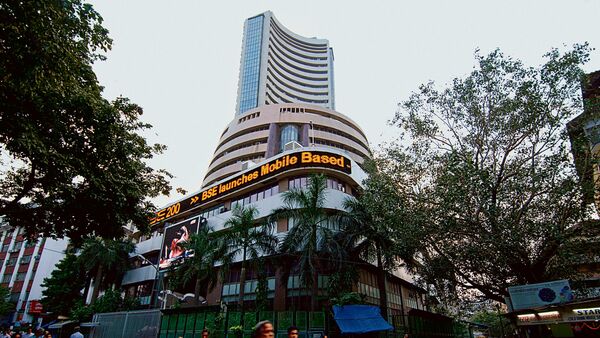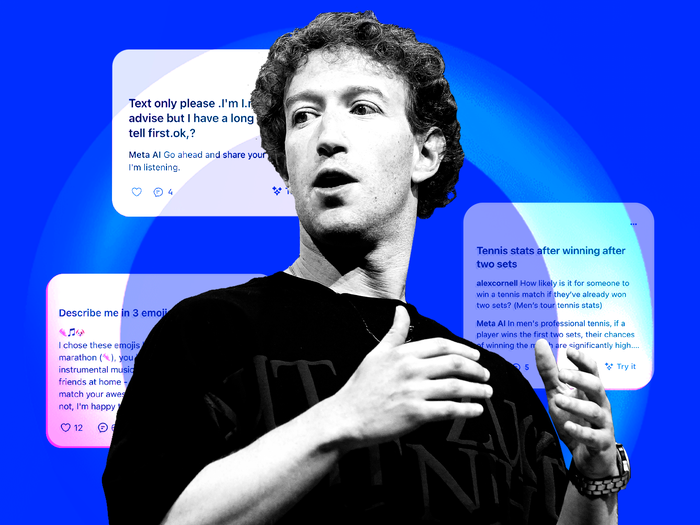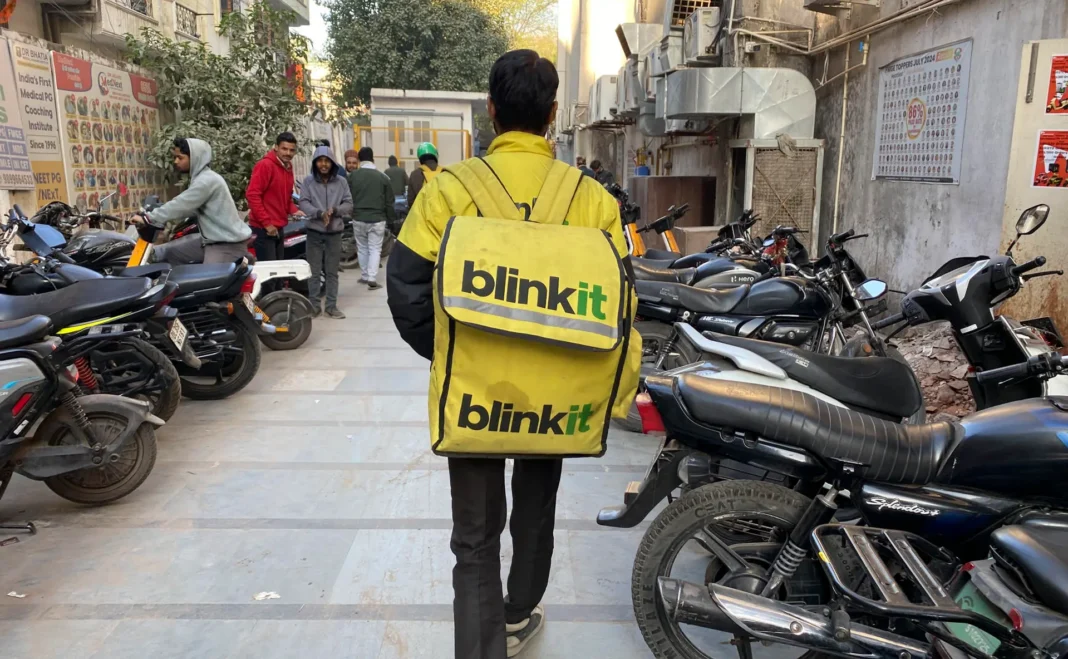On October 14, 2025, LG Electronics India made its stock market debut with a bang — listing at a 50% premium over its issue price. The shares opened at ₹1,710 on the NSE against the IPO price of ₹1,140.
This spectacular listing immediately valued the company at over ₹1 trillion in market capitalization.
Key IPO & Listing Details
Here are the important numbers behind this IPO listing:
| Metric | Detail |
|---|---|
| IPO Type | Offer for Sale (OFS) — the South Korean parent sold its stake; proceeds do not go to the Indian subsidiary |
| Issue Size | ₹11,607.01 crore |
| Price Band | ₹1,080 to ₹1,140 per share |
| Subscription | ~ 54.02× overall |
| Grey Market Premium (GMP) before listing | Up to ~ ₹430, reflecting lofty expectations |
| Listing Price | ~ ₹1,710 (50% above ₹1,140) |
Investor excitement was clearly strong: the IPO was oversubscribed nearly 54 times, with robust demand from QIBs, non-institutionals, and retail investors alike
What Drove the Strong Listing Premium?
Several factors coalesced to produce this stellar debut:
- Brand strength & market trust — LG has significant consumer trust and scale in India’s home appliances and electronics market.
- Attractive valuations vs peers — Even after stepping up, analysts see potential upside when compared with industry multiples.
- Rising demand in consumer durables — With rising incomes and a preference shift toward premium appliances, market tailwinds supported the listing.
- Strong institutional backing pre-listing — The anchor book was well subscribed, giving confidence ahead of the listing. HDFC Sky+1
Still, many analysts initially expected a listing gain of ~ 30%–35% based on GMPs and market sentiment. The 50% premium exceeded even optimistic forecasts.
Market Impact & Analyst Sentiment
- The listing has become one of the largest and most successful IPO debuts in recent years in India.
- Analysts are generally bullish, citing strong fundamentals and further upside if performance continues.
- Some caution that the first-day “pop” may overshoot intrinsic value, so holding too aggressively could be risky for short-term investors.



